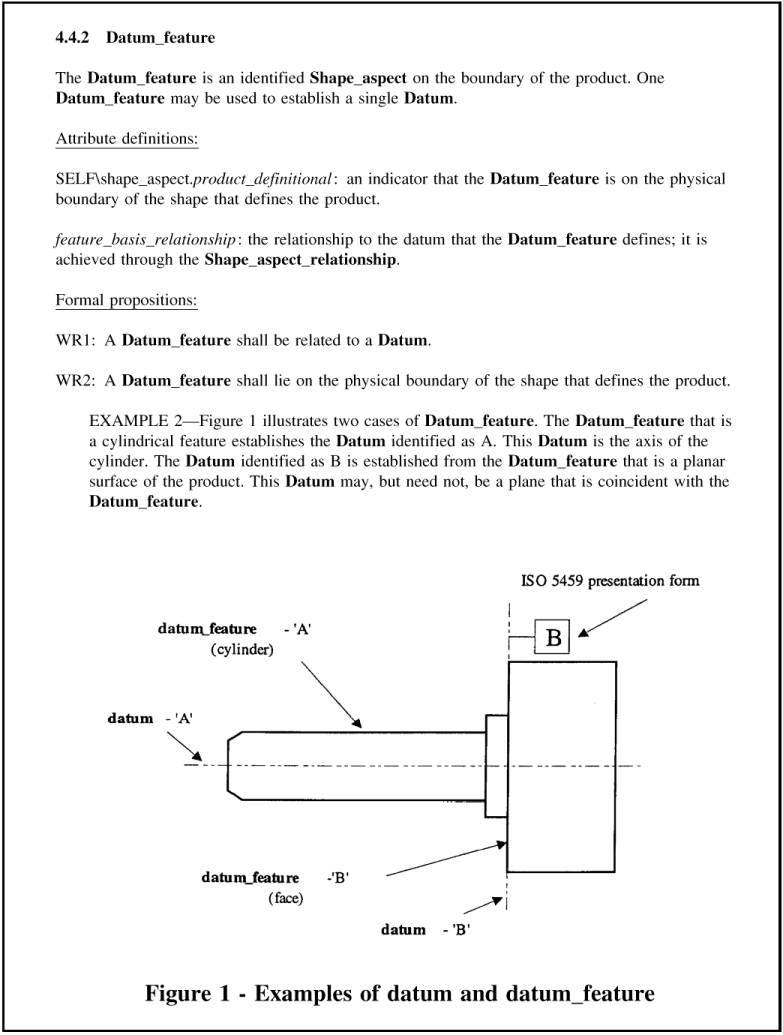

Information is considered to be singular.

Information is more than data in context – it must have relevance and a time frame. Information is a set of data in context with relevance to one or more people at a point in time or for a period of time. Datum in context is a single fact wrapped with meaning. They are the raw facts wrapped with meaning, but they are not yet information. Informationĭata in context are individual facts that have meaning and can be readily understood.

Therefore, datum is singular and data is plural. However, the Data Management discipline has enough lexical challenge without treating data as an irregular noun. Data could be used to represent an individual fact the same as datum, and data could be used to represent a set of facts. Most definitions of data in the singular are really definitions of a data resource.ĭata could be considered an irregular noun, like deer or sheep, where the meaning is in the context. Although some people continue to use the term data as singular, a comprehensive, denotative definition of data in the singular form, beginning with Data is … is not available. The term data is plural, equivalent to facts, while datum is singular, equivalent to a fact. Datumĭata are individual facts that are out of context, have no meaning, and are difficult to understand. These three terms must be formally defined – in order to create a data-information-knowledge cycle – and consistently used to begin resolving the lexical challenge and creating a formal Data Management profession. A major part of that lexical challenge is the terms “data,” “information,” and “knowledge.” These three terms are often misused, abused, and used interchangeably to the point that their real meaning is often unclear. Data Management is a very lexically challenged discipline.


 0 kommentar(er)
0 kommentar(er)
